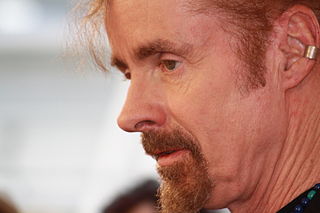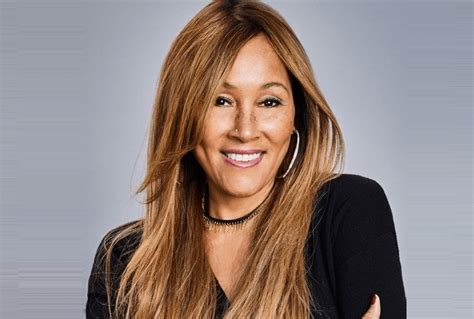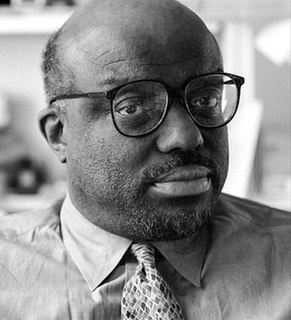A Quote by T. C. Boyle
What is your identity, and how do you know who you are if you don't have language?
Related Quotes
Know whose you are and you'll know who you are. Walk in your authentic identity as determined by your Creator. And, before you try to live without instructions as to what your identity really is read the owner's manual daily; the Bible. It's the best advice anyone ever gave me. Read it and it will change your life for the better, forever.
There's no linear narrative - the structure is more like a series of variations on a theme (how identity is shaped by language), with the past constantly bleeding into the present, dreams into reality. And the language, while incredibly lyrical in places, also has this underlying dissonance, the sense of it having itself been translated.
Do you know how to digest your food? Do you know how to fill your lungs with air? Do you know how to establish, regulate and direct the metabolism of your body -- the assimilation of foodstuff so that it builds muscles, bones and flesh? No, you don't know how consciously, but there is a wisdom within you that does know.
Language designers want to design the perfect language. They want to be able to say, 'My language is perfect. It can do everything.' But it's just plain impossible to design a perfect language, because there are two ways to look at a language. One way is by looking at what can be done with that language. The other is by looking at how we feel using that language-how we feel while programming.







































